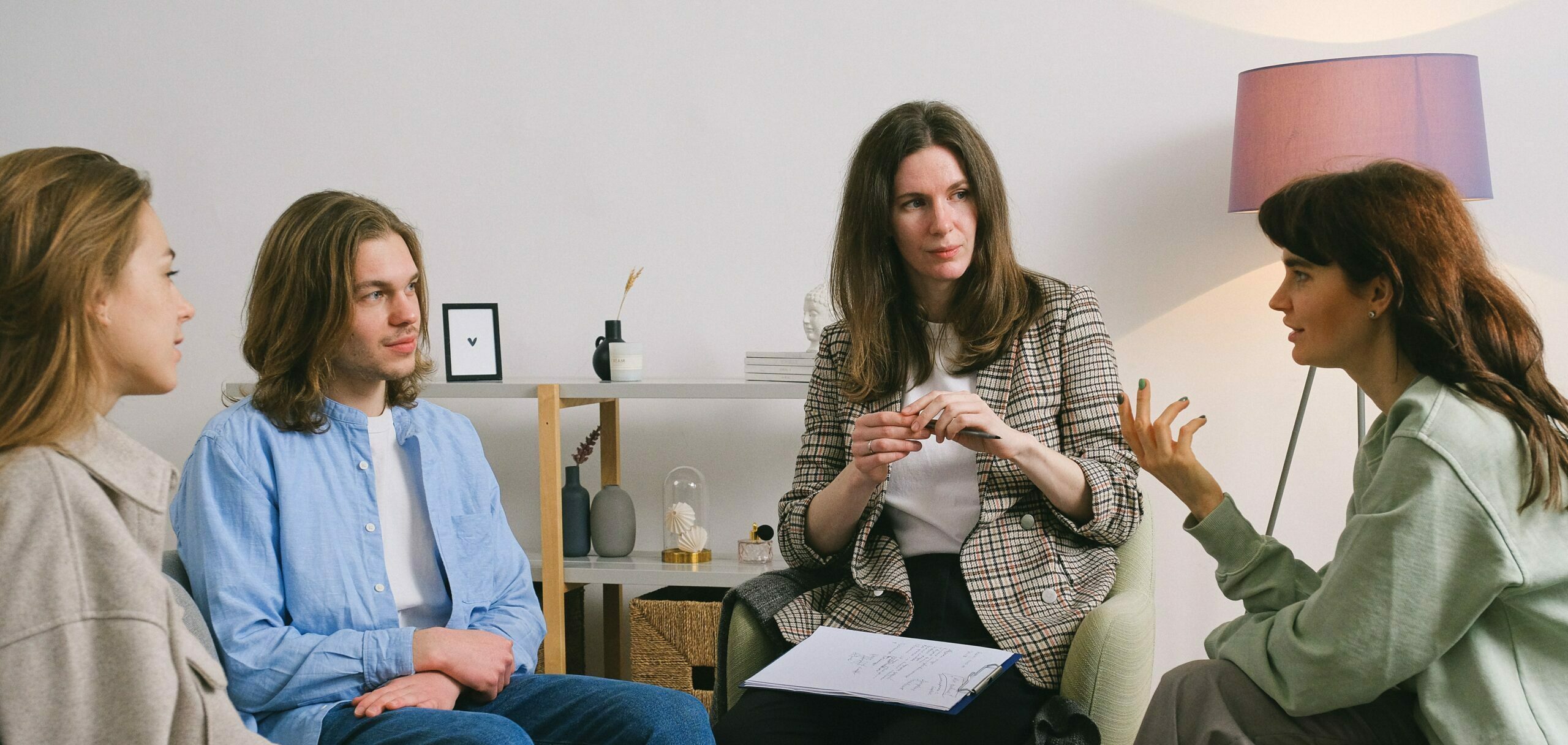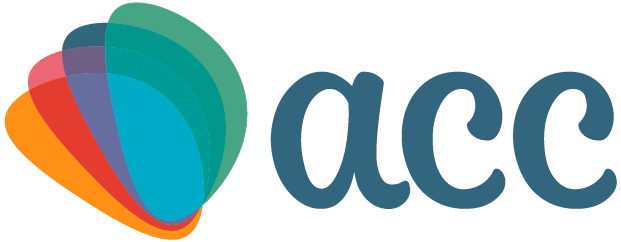
Counselling training
How to become a counsellor
Training to be a counsellor takes time (on average three to four years) and comprises the following core components:
- Growing in self-awareness, discovering more about your internal world and how you relate to others and the world, and becoming aware of how you respond in various situations and why.
- Learning different psychologically informed theories about what it is to be a person, including how childhood experiences and other life circumstances shape and influence how we perceive the world, and how these impact on how we think, feel, behave and relate to ourselves and others.
- Learning different counselling approaches and theories relating to how to bring about positive changes in a person’s life and relationships.
- Practising these firstly with other trainees and then with clients in a safe and supported setting.
- Academic study including understanding research and research methods that apply to counselling practice, writing essays and case studies.
If you are interested in becoming a counsellor it is recommended that you take an introduction to counselling course, followed by a certificate course. This will help you discern whether counselling is the right vocational path for you, as well as enhancing your self-knowledge and relational skills, such as active listening.
To qualify as a counsellor in the UK you will need to continue your studies and undertake a minimum of a level 4 diploma in counselling. There are also qualifying courses at diploma level 5, bachelors and masters degree levels. It is sometimes hard to know how to choose between the varying courses on offer. Please see How to look for a counselling training course.

